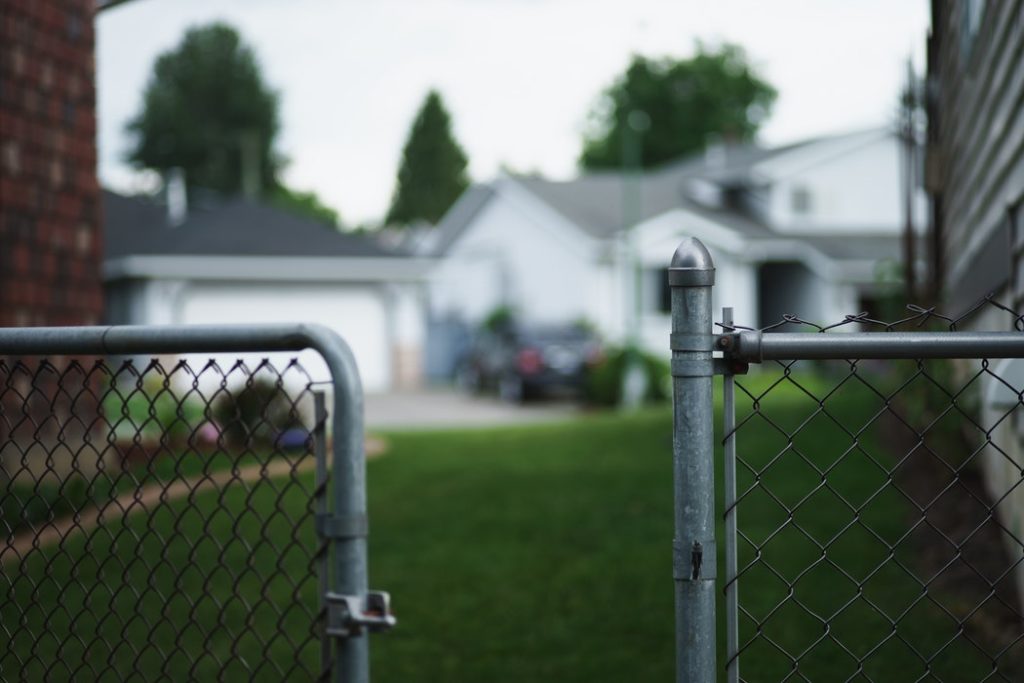Just because you’re a tenant at a rental property doesn’t mean that everything is handled for you. While it is true that one of the perks of renting is that high-level maintenance of your residence is handled by your landlord or property manager, you also have responsibilities under your lease agreement. This is one of the reasons why many landlords have renters interested in their properties fill out a tenant background check. Such resources help them determine if a tenant is responsible and trustworthy or has a history of being evicted. Here’s what you need to know about maintaining a rental property as a tenant and as a landlord.
Tenants’ responsibilities at a rental property
One of the biggest responsibilities a tenant has is to be on the lookout for anything that may be a sign of a bigger problem in the unit. For example, if fuses keep tripping or lights seem to be flickering often, that may be a sign of a greater electrical problem. The same can be said of any evidence of mice, termites, ants, or any other vermin that may necessitate a landlord contacting residential pest control. Tenants should also make sure that all of their belongings are up to code when they bring them into a rental unit. This also includes making sure that mattresses and other furniture is fire safe.
It’s also a good idea to check with the landlord before a tenant tries to perform a repair themselves, as they may end up making matters worse. While unclogging a drain or toilet is a relatively simple task, fixing a leaking faucet or performing electrical work is always best left to the landlord. Many times, a landlord will need to contact a professional so that these kinds of issues can be dealt with appropriately. As long as the tenant was not responsible for the issue, they should have no concern about reporting it.
Landlords’ responsibilities at a rental property
One of the most common aspects of a lease agreement is that a landlord will provide a residence which is “habitable.” Legally, this means that the unit the landlord is renting is safe and able to be lived in. This also means that the property should be kept clean, although general cleanliness is a tenant’s responsibility, too. One of the easiest ways for a landlord to keep a rental habitable is to stay up to date with various safety codes, like keeping the residence free of mold and handling bed bugs quickly and appropriately. Maintaining smoke detectors and meeting lead paint standards is also a good way to ensure that a property will not come under legal scrutiny.
Something that a landlord isn’t responsible for is supplying storage as a part of the rental. While it’s true that many landlords do this to make a property more attractive to potential tenants, in actuality, it would make more sense for the tenant to find their own storage, should they have any large belongings or holiday decorations that they prefer aren’t stored in their apartment itself. In these situations, a good landlord will still go the extra mile and suggest a close-by storage unit, so tenants can find affordable self- storage in Clifton, NJ or wherever your property is. This type of interaction is a great example of an unspoken responsibility of landlords: To provide great customer service.
Maintaining a rental property is a two-way relationship. While it’s true that a landlord does carry the bulk of the unit’s maintenance responsibilities, it’s important that tenants recognize their own duties per the lease agreement. With understanding, both parties can not only maintain their property; they can maintain a healthy landlord-tenant relationship, too.

 2018 ·
2018 ·
Leave a Reply